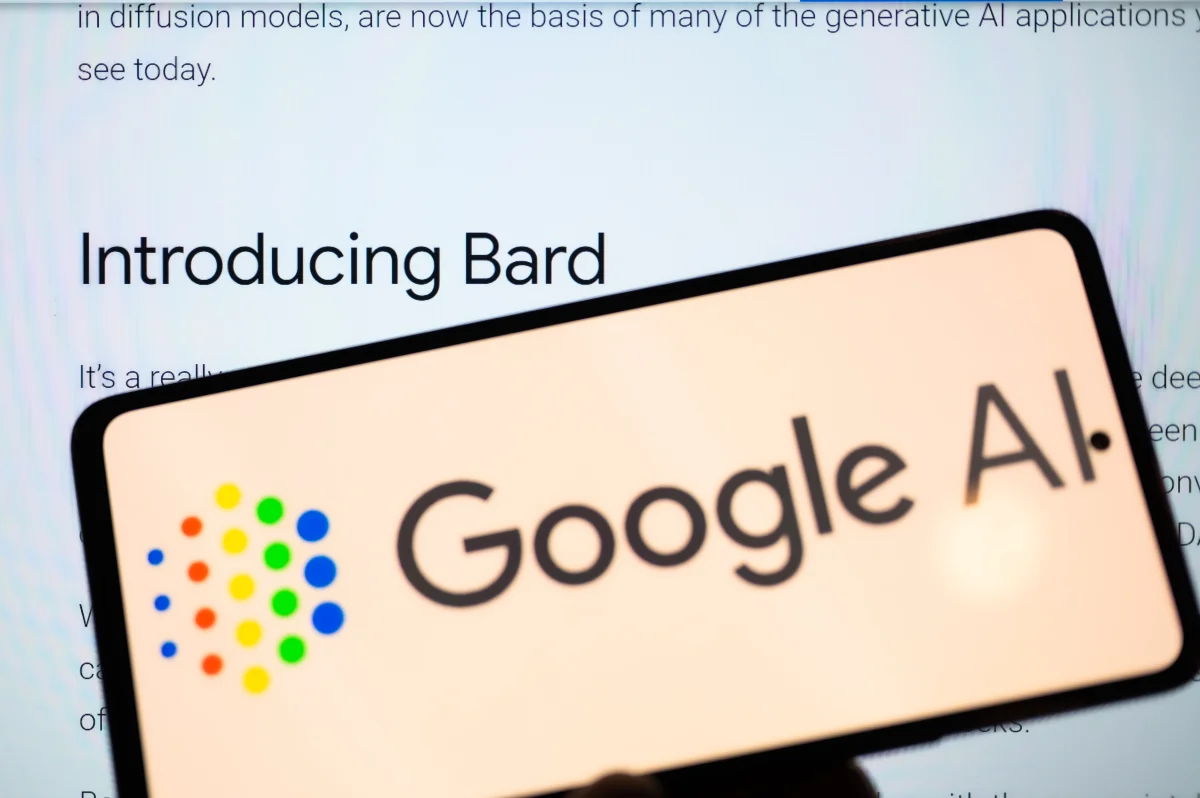In a significant development for the programming community, Google has unveiled AlphaCode 2, an enhanced version of its code-generating AI model. Powered by the powerful Gemini AI platform, AlphaCode 2 represents a substantial improvement over its predecessor, promising advanced capabilities and superior performance.
Key Takeaway
Google has unveiled AlphaCode 2, an advanced code-generating AI model powered by the Gemini platform. AlphaCode 2 outperforms its predecessor on coding contests by solving nearly twice as many problems.
Outperforming Competitors in Programming Contests
In a subset of programming competitions hosted on Codeforces, AlphaCode 2 showcased its remarkable potential. It outperformed approximately 85% of competitors on average across programming languages like Python, Java, C++, and Go. This achievement represents a significant improvement over the performance of the original AlphaCode, which only surpassed about 50% of competition participants in the same contest subset.
A technical whitepaper on AlphaCode 2 revealed that the AI model effectively solved 43% of the given problems within 10 attempts. This performance is almost double that of the original AlphaCode, which managed to solve only 25% of the problems in the same manner.
Mastering Complex Programming Challenges
AlphaCode 2 shines when it comes to handling complex math and theoretical computer science problems. It leverages advanced techniques, such as dynamic programming, to simplify intricate problems by breaking them down into manageable sub-problems. This improved version demonstrates an understanding of when and where to apply dynamic programming, a skill it lacked previously.
Rémi Leblond, a research scientist at DeepMind, highlighted in a pre-recorded video that AlphaCode 2 exhibits a level of understanding, reasoning, and code design that enables it to approach coding problems it has never encountered before.
The Process of Problem Solving
AlphaCode 2 employs a family of “policy models” to generate multiple code samples for each problem. These code samples undergo filtering to eliminate those that do not align with the problem description. Additionally, a clustering algorithm groups semantically similar code samples to avoid redundancies. Finally, AlphaCode 2 utilizes a scoring model to select the best candidate from the ten most significant code sample clusters, thus providing the solution to the problem at hand.
Challenges and Future Prospects
While AlphaCode 2 demonstrates immense potential, it still has limitations. The whitepaper highlights the reliance on extensive trial and error, costliness at scale, and the need to filter out poor code samples. Nonetheless, migrating to a more powerful variant of Gemini, like Gemini Ultra, is speculated to address some of these challenges.
In terms of its future trajectory, Eli Collins, VP of Product at DeepMind, hinted at the possibility of AlphaCode 2 becoming a productive tool for programmers. Collaboration between programmers and AlphaCode 2, powered by Gemini, could lead to even better performance. This collaborative approach has the potential to revolutionize the entire software development process, from problem-solving to coding implementation.

























